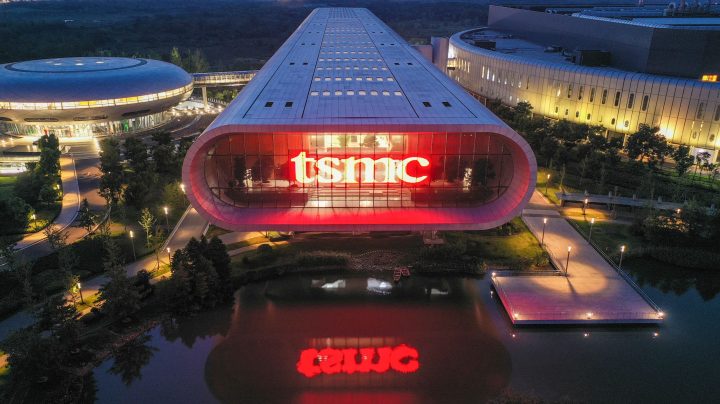
Taiwan trade talks advance; U.S. will start official negotiations in the fall
Taiwan trade talks advance; U.S. will start official negotiations in the fall

Another week, another delegation of U.S. officials has arrived in Taiwan for talks with government and business leaders of the self-governed island that China claims as part of its sovereign territory.
This latest trip is by the governor of Indiana, Eric Holcomb, and state officials looking to expand trade and academic connections, and in particular bring more semiconductor production by Taiwanese companies to Indiana.
Two delegations of U.S. lawmakers, including Democratic House Speaker Nancy Pelosi, have visited Taiwan this month in shows of political solidarity with Taiwan, and China has responded with military maneuvers and reminders that Taiwan should not make any moves toward independence. An announcement from the Biden administration that it will launch official trade negotiations with Taiwan in the fall, elicited a warning against “official exchanges” with the island that Beijing calls a “region of China.”
In short, the United States wants to stop China from taking over the island by force and threatening U.S. allies like Japan and South Korea. But reducing trade barriers and expanding business ties has its own economic logic, said Mary Lovely at the Peterson Institute for International Economics.
“Trade is an integral part of why Taiwan is important to the U.S.,” she said. “The island has been able to produce very important products and has been become an integral part of U.S. supply chains.”
Taiwan is the United States’ eighth-largest trading partner, and it exports crucial advanced computer chips, said Eswar Prasad at Cornell University.
“It’s a market for certain U.S. exports, such as agricultural products,” he said. “But also, consumer goods that actually come through China do have technology from Taiwan. Taiwan also exports directly to the U.S.”
So why unsettle all these crucial supply chains with official visits and trade talks that raise China’s hackles? Prasad said the U.S. is trying to assert regional economic leadership.
“It’s one way of, you know, poking China in the eye,” he said.
Also, U.S. officials, like the delegation from Indiana, want Taiwanese companies to build more factories to produce their fancy computer chips here in the U.S.
Finally, Kurt Tong, former U.S. ambassador to Asia-Pacific Economic Cooperation forum, said U.S.-Taiwan trade talks are likely to be less provocative to China than political or military moves.
“Having the Taiwan economy closely linked to the rest of the global economy is not really a threat to China’s ultimate hope of reunification,” Tong said.
He said China depends heavily on trade with Taiwan and wants the island’s economy to keep thriving.
There’s a lot happening in the world. Through it all, Marketplace is here for you.
You rely on Marketplace to break down the world’s events and tell you how it affects you in a fact-based, approachable way. We rely on your financial support to keep making that possible.
Your donation today powers the independent journalism that you rely on. For just $5/month, you can help sustain Marketplace so we can keep reporting on the things that matter to you.
















